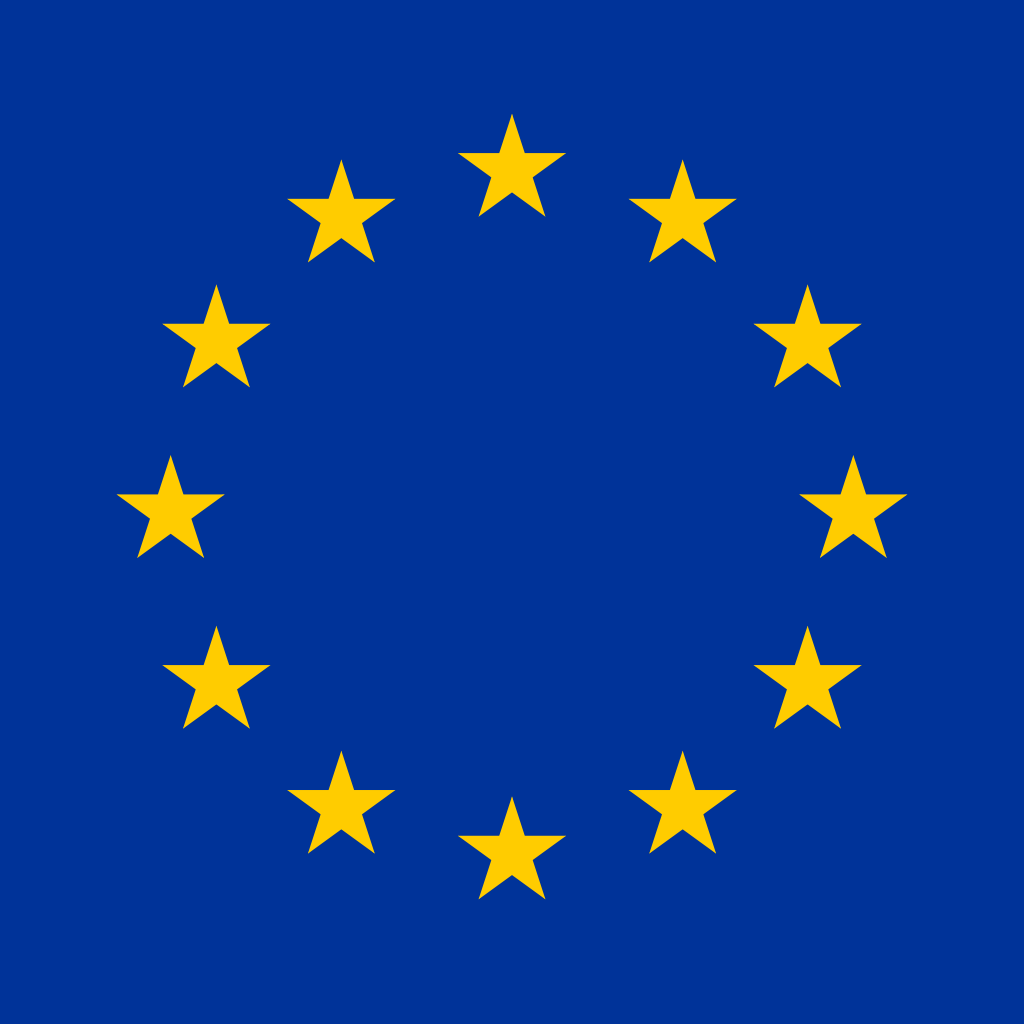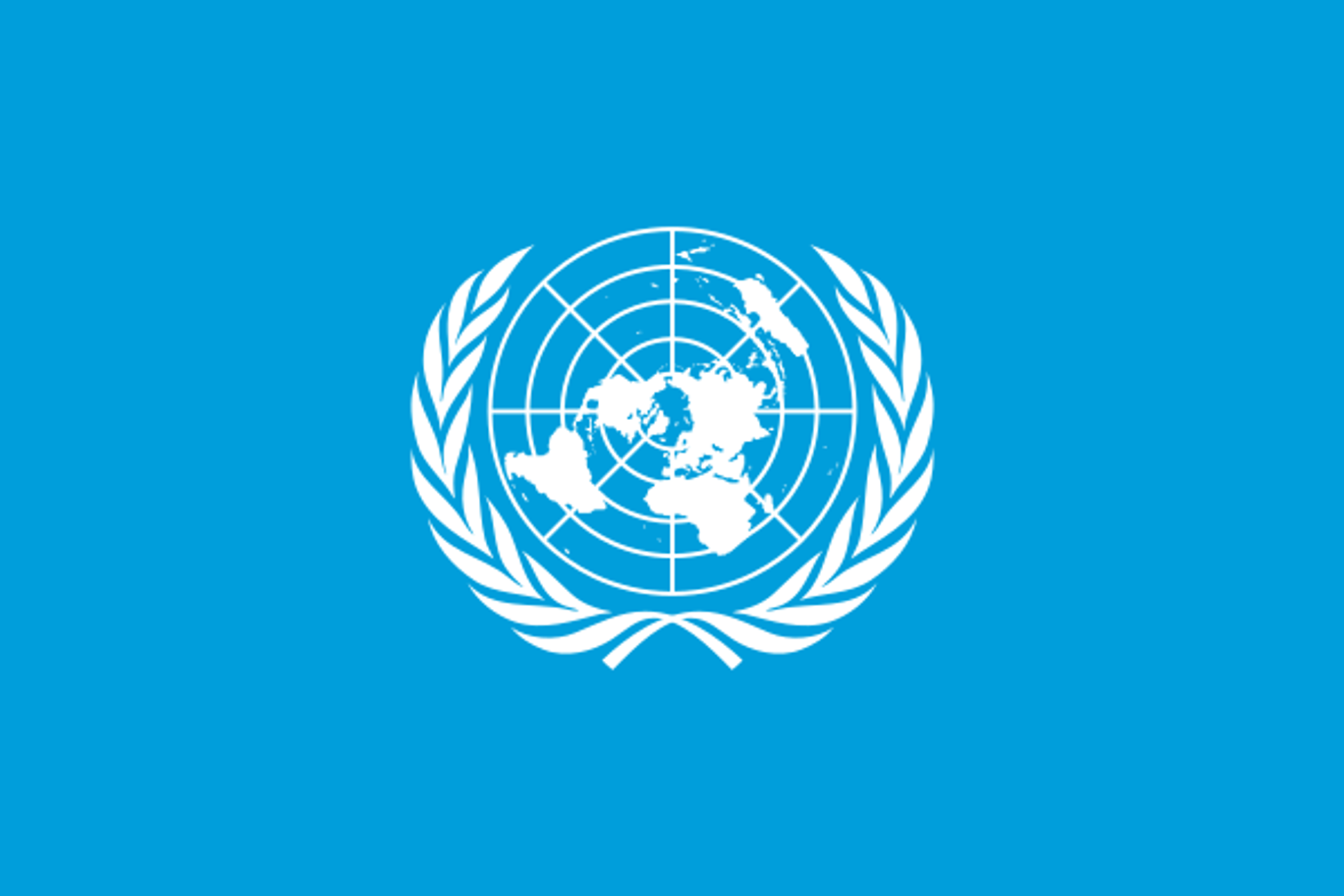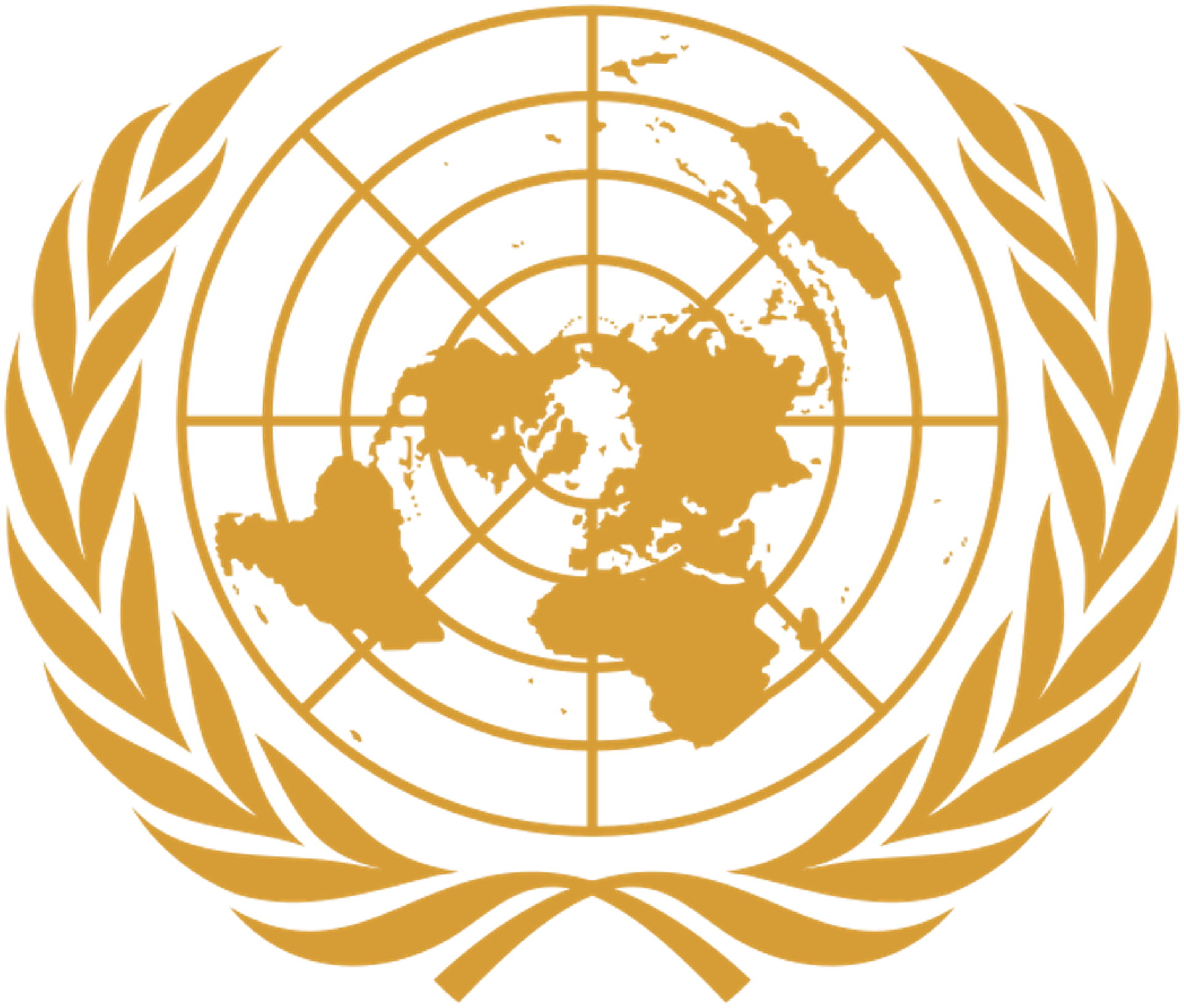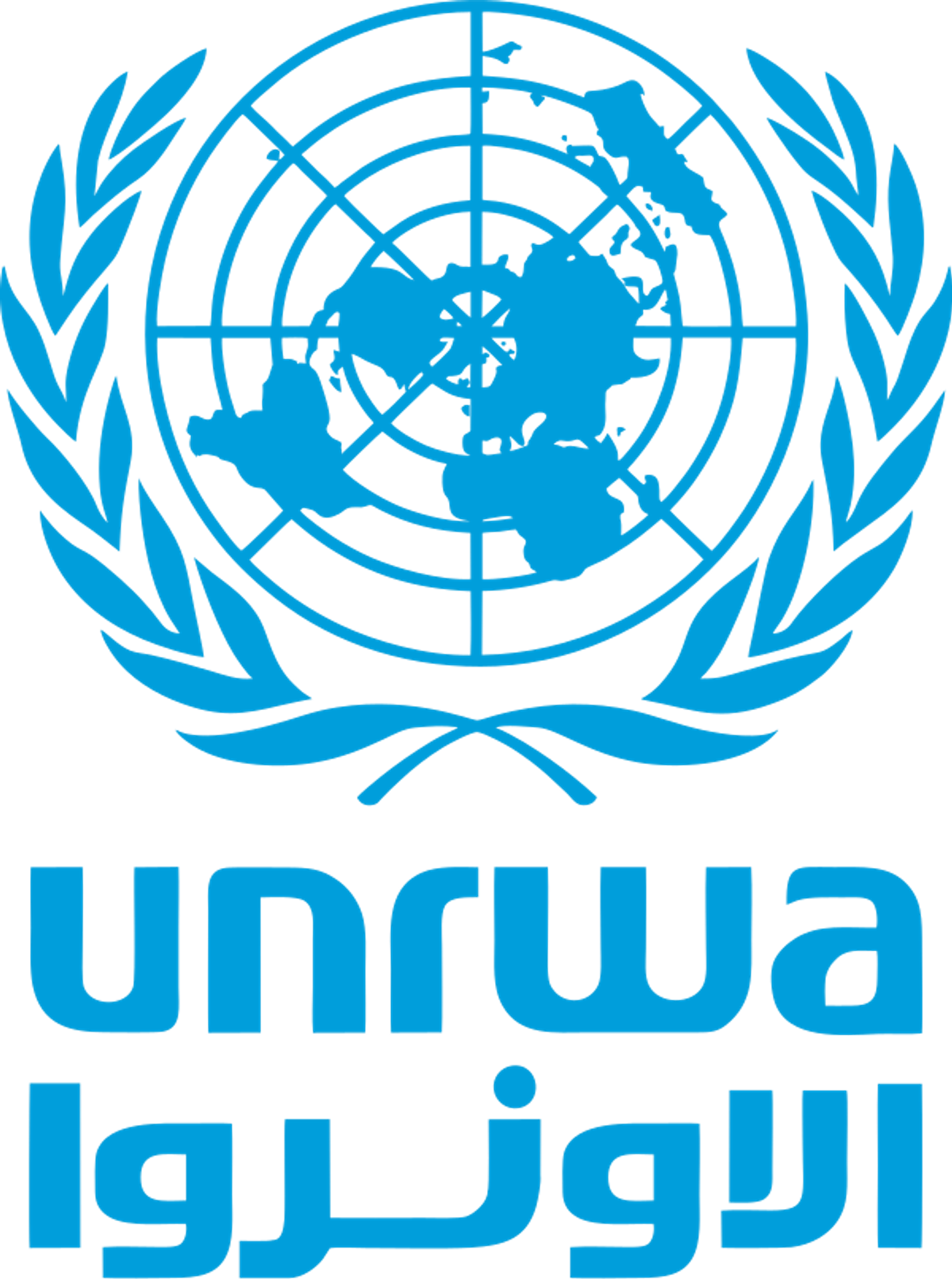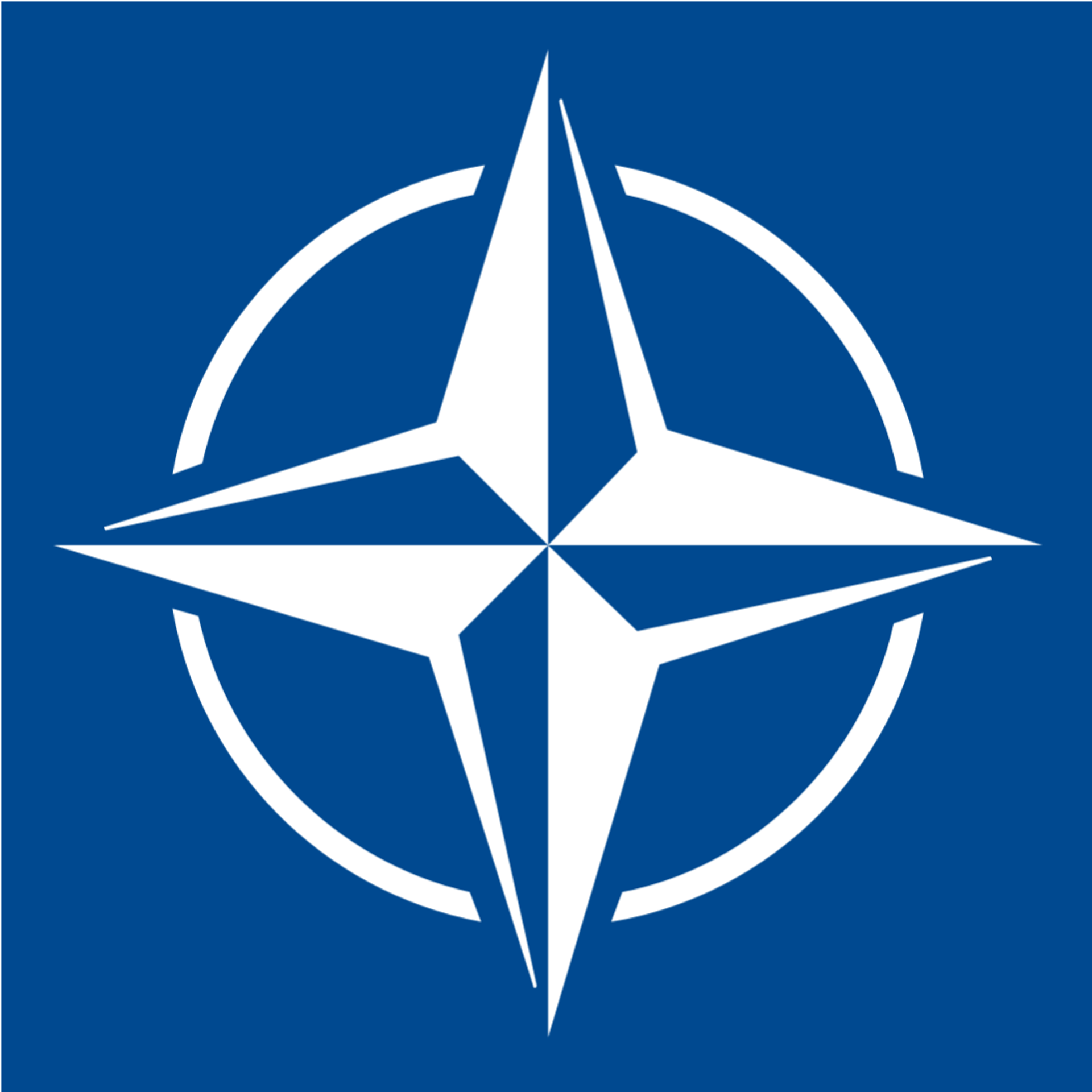
NATO
What do people say about NATO?
In the United Kingdom, NATO is perceived with a blend of pragmatic acceptance and critical skepticism. While it is acknowledged as a vital alliance for collective defense and deterrence, there is significant criticism regarding its adaptability to current geopolitical challenges and its bureaucratic inertia. Some voices question NATO's strategic clarity and relevance in a post-Cold War, multipolar world, highlighting concerns about overdependence on the US and inconsistent commitment among member states. Despite these issues, NATO retains a core base of support as an essential framework for military cooperation and security coordination among Western allies. Overall, the perception oscillates between grudging respect for its historical role and frustration with its contemporary execution and political complexities.
Where are the conversations happening?
Though no specific channels were provided in the segments, UK media such as BBC News and The Guardian typically provide balanced but probing coverage of NATO, often highlighting both its strategic importance and its limitations. More critical discussions are often found in opinion pieces and analyses in outlets like The Independent or certain segments of the British press that scrutinize military spending and foreign policy. The absence of overtly supportive or hostile statements suggests that mainstream UK sources tend to maintain a cautiously critical tone rather than outright advocacy or condemnation.
What are the topics trending around NATO?
Emerging discussions include NATO's role in deterring Russian aggression, its strategic direction amid US retrenchment, and debates over defense spending commitments among European members, particularly in the context of Britain's evolving foreign policy post-Brexit.
Why are these topics trending?
These topics arise from ongoing geopolitical tensions in Europe, the shifting US-UK-Europe defense dynamics, and internal UK debates about national security priorities and budget allocations. The UK's position post-Brexit adds complexity to its engagement with NATO, fueling discussions about future cooperation and strategic autonomy.
How is NATO being talked about?
Detailed breakdown of public sentiment and conversations about this entity.
Impact vs Sentiment
See how each entity's high impact percentage relates to their positive sentiment percentage from actual mentions.

